The global beauty industry is undergoing a deep and thoughtful transformation. What was once centered primarily around external appearance has now evolved to address broader, more complex issues—how beauty impacts mental health, identity, representation, and ethics. As consumers become more self-aware, socially conscious, and mentally engaged, psychological and ethical conversations in beauty are coming to the forefront.
The focus is not only on how we look, but how we feel, what our choices say about our values, and how brands align with our personal beliefs. Beauty is becoming less about perfection and more about authenticity, accountability, and emotional well-being.
Let’s dive into how psychology and ethics are reshaping the beauty industry—and what it means for consumers, brands, and the future.
🧩 1. Beauty & Mental Health: The Self-Image Revolution
The relationship between beauty and self-esteem has always been complex. With the rise of filters, social media, and digital perfection, many people—especially younger generations—have felt pressured to meet unrealistic standards.
Brands and influencers are moving toward promoting realness over refinement and mental well-being over marketability.
🔄 What’s Changing:
- No-filter movements encouraging users to post unedited selfies
- Campaigns focused on body neutrality instead of toxic positivity
- Mental health disclaimers with beauty ads and influencer content
- Inclusion of therapists and psychologists in beauty brand campaigns
Brands like Dove, Rare Beauty, and The Body Shop have led the charge, advocating for emotional transparency and self-acceptance.
💬 Why it matters:
Consumers no longer view beauty as just appearance; it’s an extension of self-worth, and how a brand makes them feel is just as important as how it makes them look.
⚖️ 2. Ethics in Marketing: The End of Manipulative Messaging
The beauty industry has historically been criticized for preying on insecurities—using aspirational models and exaggerated claims to sell products.
This kind of emotional manipulation is no longer tolerated. Brands are being held accountable for:
- Overpromising results (“Look 10 years younger overnight”)
- Idealizing thinness, fairness, or Eurocentric features
- Using fear-based tactics like “anti-aging” as a negative concept
✅ Ethical Marketing Trends:
- Use of “pro-aging” and “age-positive” language
- Featuring real people in ads: all ages, sizes, genders, and abilities
- Transparent before/after photos with no digital retouching
- Disclosing AI-generated imagery or altered content
Consumers are calling out greenwashing, body shaming, and virtue signaling—and supporting brands that stay honest and value-driven.
🧬 3. Ethical Ingredients & Sourcing
Psychological and ethical conversations also extend to how beauty products are made. Shoppers are increasingly asking:
- Where do these ingredients come from?
- Were they tested on animals?
- Were the workers paid fairly?
- Is this packaging eco-friendly?
🌿 Rising Ethical Practices:
- Cruelty-free and vegan certifications
- Fair trade sourcing of natural ingredients
- Sustainable packaging and refillable options
- Transparency in supply chains and labor practices
Consumers today want to know that their purchase doesn’t harm the planet or its people—and are willing to pay more for products that align with their values.
👥 4. Diversity, Inclusion & Representation
One of the most important psychological impacts of beauty media is the effect it has on identity and belonging. Seeing yourself reflected in a brand’s imagery can affirm your value. Being left out? The opposite.
In 2025, representation is non-negotiable. Consumers expect inclusivity not as a trend but as a baseline.
🧑🏽🦱 Representation Means:
- Shade ranges that reflect all skin tones
- Models with visible disabilities, scars, or birthmarks
- Gender-inclusive campaigns featuring non-binary and trans individuals
- Cultural sensitivity in products and storytelling
Brands that tokenize or perform inclusivity for attention are quickly called out. True inclusivity is built into product development, team hiring, and brand storytelling.
🧘♀️ 5. Beauty as a Form of Self-Care, Not Self-Criticism
Psychologically, beauty is shifting from a way to “fix” yourself to a way to care for yourself. The rise of skincare rituals, aromatherapy, gua sha, and facial yoga reflect a more mindful, gentle approach to beauty.
🙌 From:
- “Fix your flaws”
- “Look younger now”
- “Hide imperfections”
💖 To:
- “Honor your skin”
- “Nourish your body”
- “Celebrate your uniqueness”
This mindset shift helps reduce the pressure to conform and encourages people to use beauty products as part of their wellness routines, not punishment.
📱 6. Social Media’s Role in Ethical Discourse
TikTok, Instagram, and YouTube are not just spaces to showcase beauty—they’re platforms where critical conversations happen.
Trending Conversations:
- “Is this brand greenwashing?”
- “Why is this filter harmful?”
- “How do beauty standards affect men and non-binary folks?”
- “Should we stop saying anti-aging?”
Consumers are more informed than ever and aren’t afraid to speak up. Influencers who openly discuss mental health, body image, and ethical concerns are gaining credibility and trust.
💬 7. Cancel Culture vs Conscious Consumerism
Ethics and psychology collide in cancel culture—where brands or influencers are “cancelled” for problematic behavior. While this has sometimes led to mob mentality, it has also sparked deeper conversations about accountability, redemption, and corporate responsibility.
Many consumers are now leaning toward conscious consumerism—making informed, values-based purchases rather than following cancel trends.
Consumers Ask:
- Has this brand changed?
- Do they support causes I care about?
- Is this influencer authentic or just performative?
More people are investing in long-term trust, not short-term trends.
🧘 8. The Rise of Ethical Minimalism
The backlash to overconsumption in beauty is giving rise to ethical minimalism: buying fewer, better-quality products and avoiding the emotional impulse to “fix” what isn’t broken.
Minimalist Behaviors Include:
- Multi-use, sustainable products
- Avoiding unnecessary skincare steps (aka skinimalism)
- Replacing beauty hauls with intentional purchases
- Saying no to pressure from influencers and ads
This movement supports mental clarity, financial health, and environmental responsibility—a holistic approach that values both inner and outer beauty.
🔮 Final Thoughts: Beauty with Depth and Intention
Beauty is no longer just about trends—it’s a conversation, a reflection of our emotional needs, and a statement of our ethical values. As the lines blur between product, purpose, and psychology, we are redefining beauty to mean:
- Feeling good, not just looking good
- Supporting brands that align with our ethics
- Embracing our imperfections and identities
- Using beauty as a tool for self-expression, not self-correction
The future of beauty is not only bold—it’s aware, inclusive, responsible, and emotionally intelligent. And that’s a glow that no highlighter can replicate.




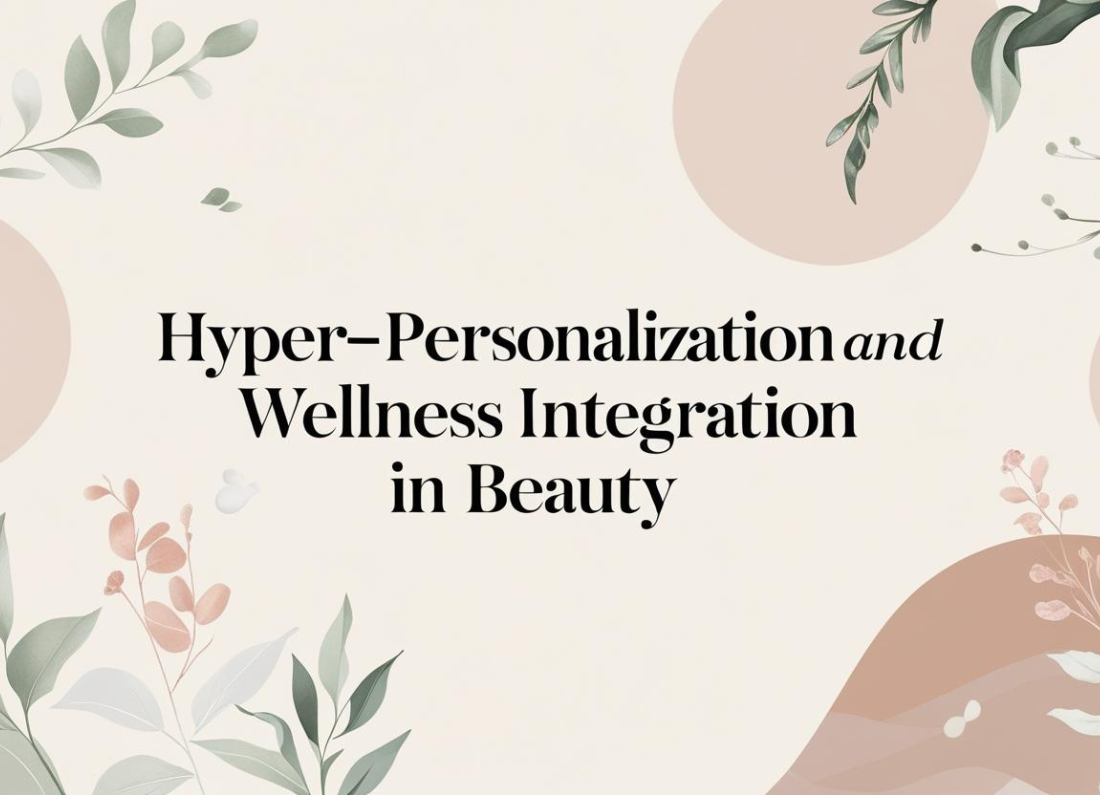

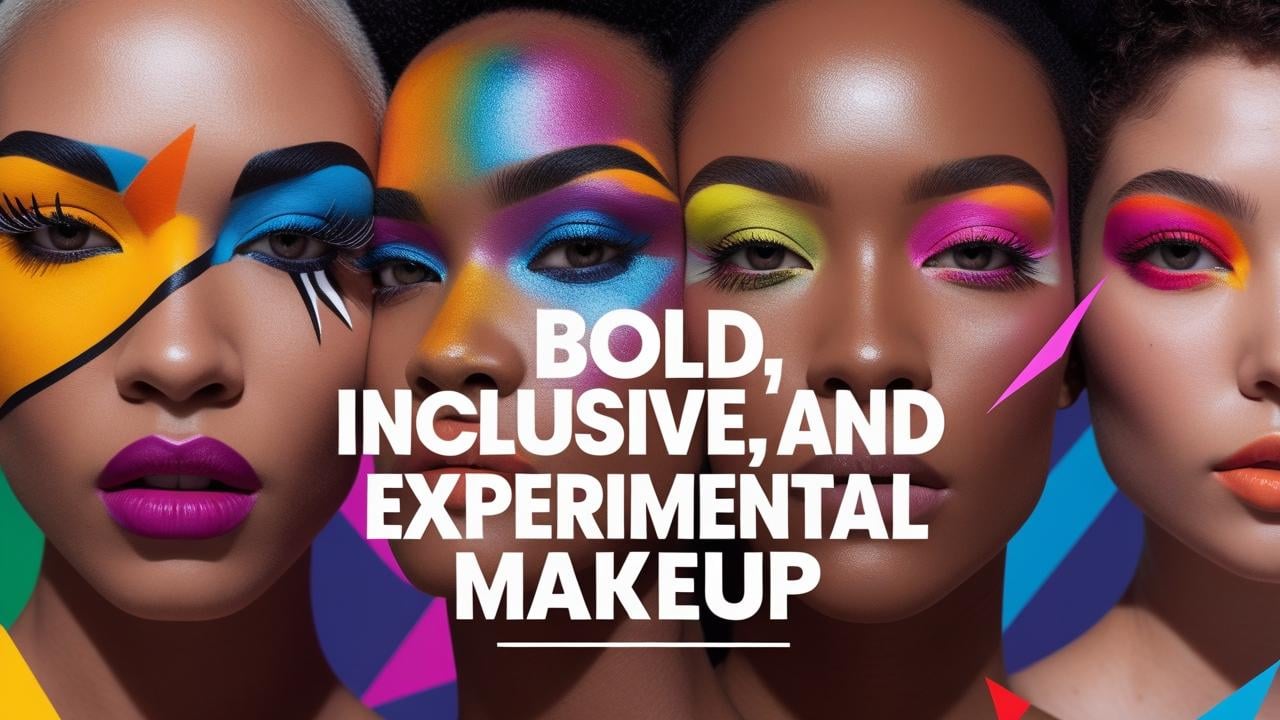
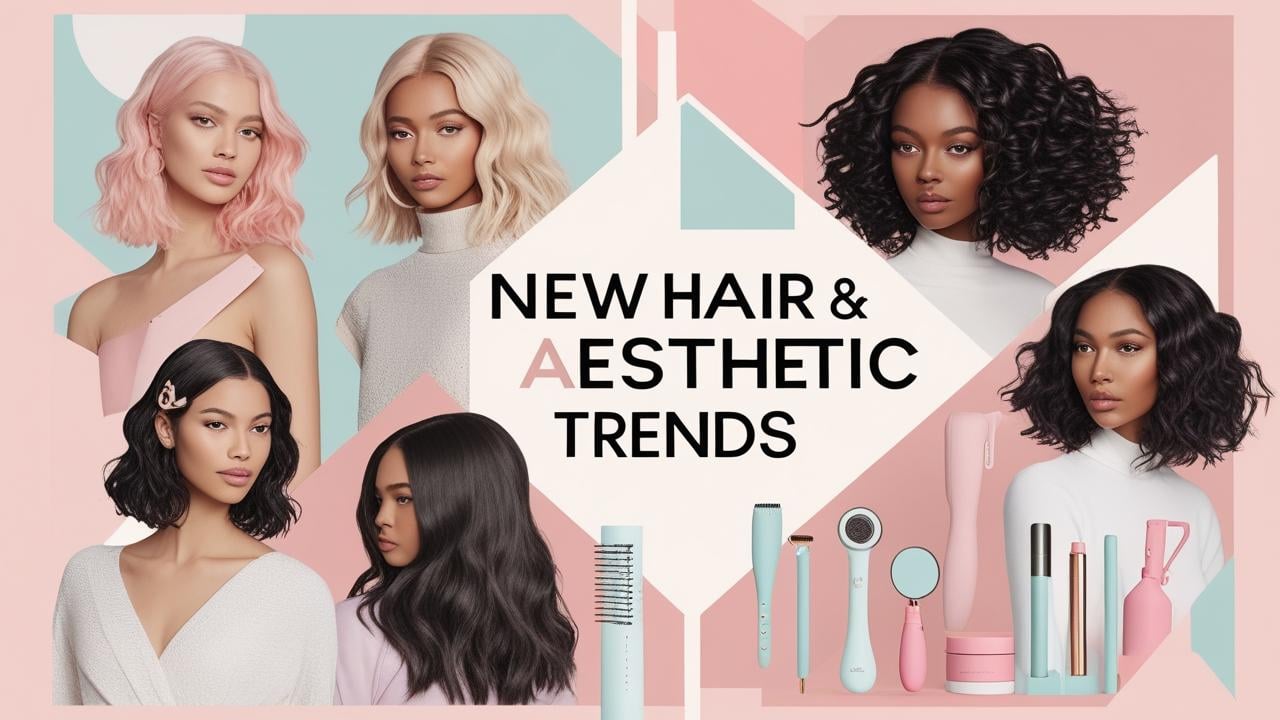
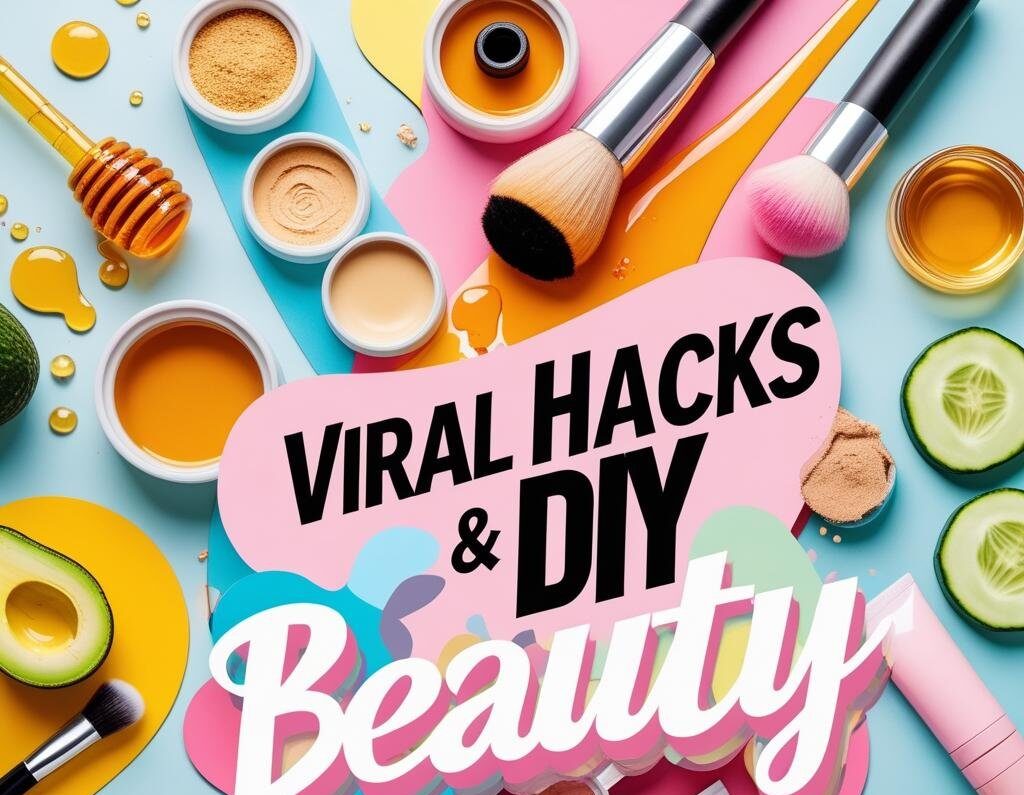
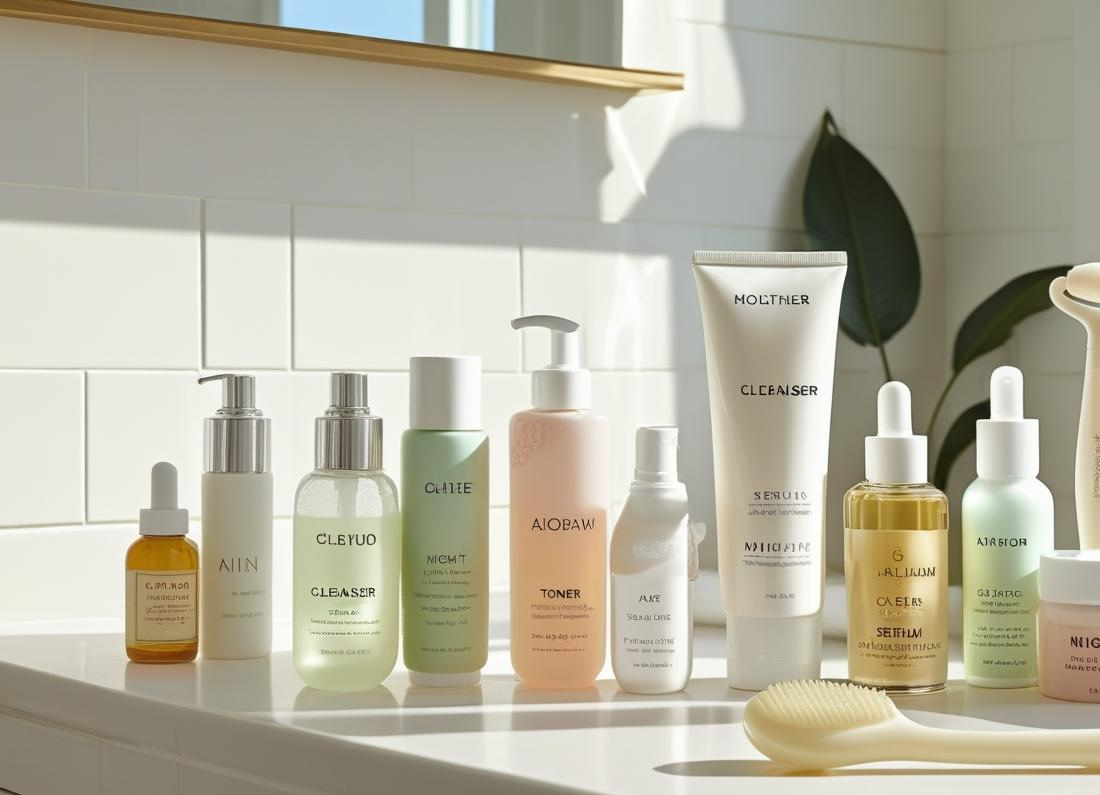
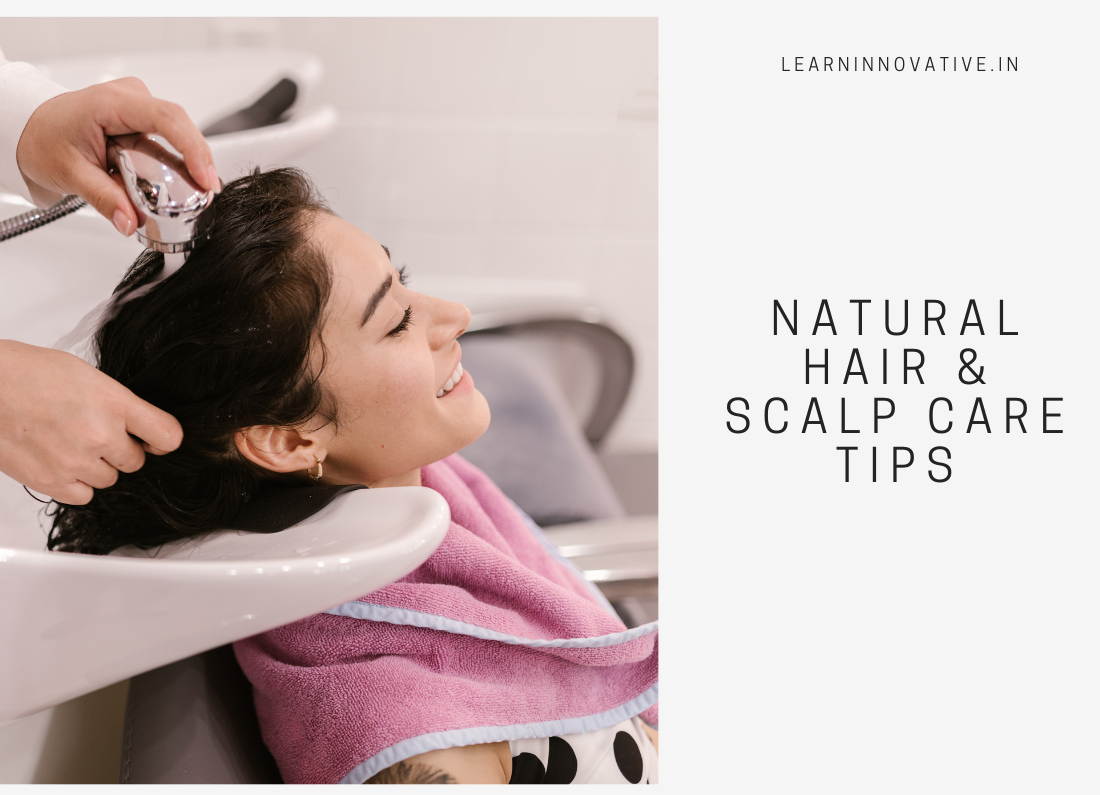




Leave a Reply